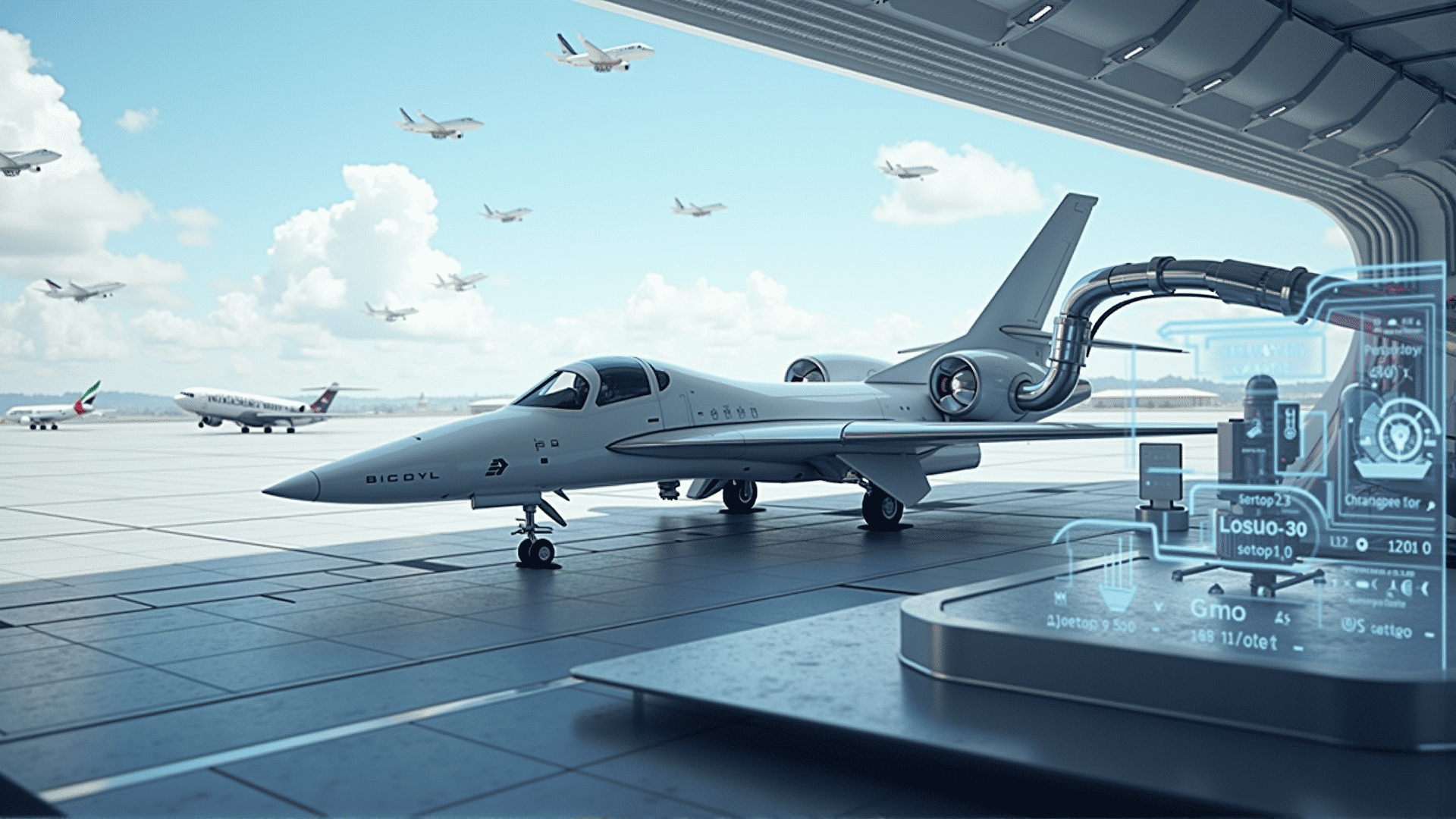In the rapidly evolving aviation industry, efficiency and reliability are paramount to meeting the demands of both commercial and private aviation operations. Key to achieving these objectives is the development and implementation of advanced refueling solutions. This cutting-edge technology has become the cornerstone for enhancing operational performance and offering unprecedented advantages in aircraft maintenance and turnaround times.
Modern aircraft demand sophisticated refueling systems that can accommodate their high-performance needs while ensuring safety and minimizing environmental impact. Advanced refueling solutions address these needs with precision, offering seamless integration into existing airport operations without compromising on speed or reliability.
One of the significant innovations in advanced refueling technology is the implementation of automated fueling systems. Automated systems utilize computer-controlled technology, reducing human error and ensuring accurate fuel delivery every time. These systems are designed to facilitate quick connections and disconnections, diminishing downtime and allowing aircraft to get back into the sky faster than traditional methods. This efficiency not only enhances the productivity of airlines but also translates to cost savings that can be passed down to consumers.
Moreover, today's refueling solutions leverage real-time data analytics, providing operators with vital information on fuel levels, consumption rates, and remaining flight distances. By transforming raw data into actionable insights, operators can make informed decisions, optimize fuel use, and plan more efficient routes. This data-driven approach also extends to predictive maintenance, where potential issues can be detected and addressed before they become critical, further augmenting aircraft performance and safety.
Environmental sustainability is another area where advanced refueling solutions make a significant impact. Modern systems are designed with eco-friendliness in mind, reducing fuel spillage and emissions. They are tailored to work with alternative fuels, such as sustainable aviation fuel (SAF), which significantly reduces the carbon footprint of each flight. As airlines strive to meet strict environmental regulations, the integration of green refueling technologies has become essential.
Additionally, advanced refueling technologies are enhancing safety through innovation. Enhanced spill containment systems, better fire suppression technology, and comprehensive monitoring mechanisms ensure that operations are conducted under the safest possible conditions. These features not only protect individual flights but also contribute to overall airport safety.
The integration of advanced refueling solutions also signifies a shift towards smart airports. These airports utilize interconnected systems to manage resources more effectively and enhance the passenger experience. From reducing delays to optimizing gate assignments, smart airports are poised to transform air travel. Advanced refueling technologies are a crucial component of this evolution, playing a vital role in the seamless operation of these futuristic hubs.
In conclusion, advanced refueling solutions represent a leap forward in aviation technology, marrying speed and efficiency with safety and sustainability. As the industry continues to adapt and innovate, these state-of-the-art refueling technologies will serve as pivotal elements, ensuring that modern aircraft can meet the high demands of today's world while laying the groundwork for the future of air travel. Whether it’s cutting costs, increasing operational efficiency, or helping airlines achieve their sustainability goals, the benefits of these advanced systems are both practical and profound, paving the way for a more connected and eco-friendly aviation landscape.
